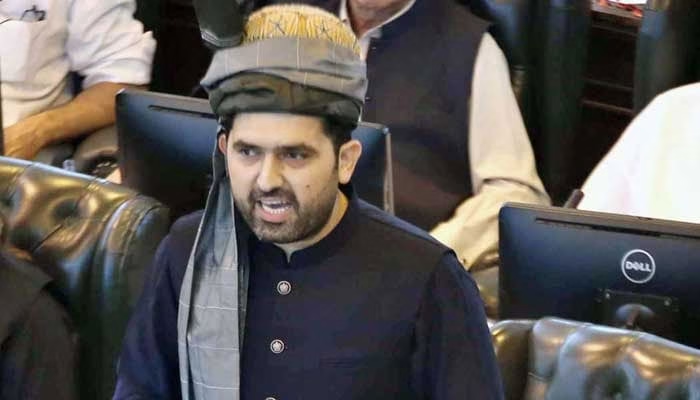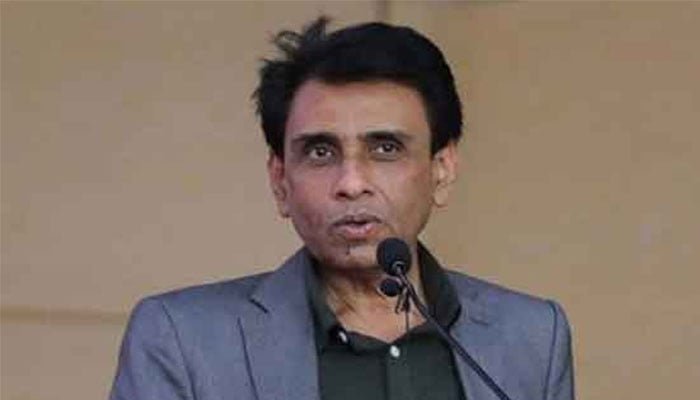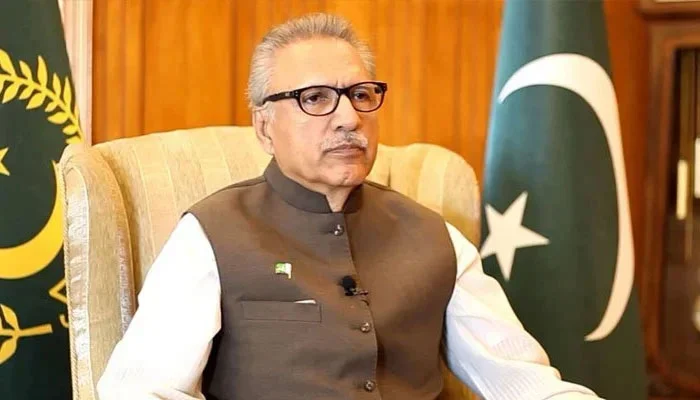The political landscape in Pakistan’s Khyber Pakhtunkhwa took a new turn as CM Afridi ECP Summoning became a major headline, drawing national attention and sparking debate over electoral conduct, administrative authority, and constitutional rights. On Friday, Chief Minister Sohail Afridi approached the Peshawar High Court to challenge the Election Commission of Pakistan’s (ECP) decision to summon him over alleged violations of the electoral Code of Conduct.
Background of the Summoning Order
The controversy began when the ECP issued a notice claiming that CM Afridi had participated in campaigning activities linked to the upcoming by-election in NA-18. According to the electoral body, the chief minister attended a gathering near Havelian where Pakistan Tehreek-e-Insaf (PTI) is backing Shehrnaz Khan, wife of former opposition leader Omar Ayub.
However, Afridi strongly denied the allegations, stating in his petition that the ECP summoned him without any valid reason or justification. This legal challenge has now placed the CM Afridi ECP Summoning matter at the center of political and constitutional debate.
Afridi’s Position and Court Petition
In his detailed petition submitted to the Peshawar High Court, the chief minister argued that he neither launched nor participated in any kind of election campaign. He requested the court to declare the notice null and void, insisting that he had not violated the Code of Conduct in any shape or form.
Afridi further stated that he had been misinterpreted, adding that his public speech was taken out of context. According to him, his statement had simply emphasized the need to avoid rigging not to influence electoral officers or interfere with the election process.
By filing this petition, Afridi has transformed CM Afridi ECP Summoning into a question of constitutional boundaries. His legal team argues that the summoning order infringes upon Articles 9, 10A, 17, and 25 of the Constitution, which deal with fundamental rights, fair trial, political participation, and equality.
ECP’s Perspective and Security Concerns
On the other side of the dispute, the ECP has defended its decision by referring to what it calls provocative language used by the chief minister during a recent speech. In official letters addressed to the Ministry of Defence and the Ministry of Interior, the ECP expressed concerns that Afridi’s remarks posed a risk to the neutrality and safety of election officials.
The letters stated that the chief minister allegedly issued threats and used offensive language toward district administration, police personnel, and ECP staff involved in the by-election. Due to these concerns, the ECP went a step further and requested deployment of the army and civil armed forces to ensure a peaceful and transparent polling process.
These developments have added more layers to the CM Afridi ECP Summoning issue, raising questions about administrative responsibility, political speech, and the balance of power between elected officials and regulatory institutions.
A History of Tensions Between KP Government and ECP
This latest confrontation is not the first time a provincial government and the Election Commission have clashed over electoral rules. Over the past few years, disagreements frequently emerged around caretaker setups, transfers of officials, and allegations of bias. The current episode, however, directly involves a sitting chief minister making it more politically charged.
With the by-election in NA-18 just days away, the stakes are even higher. Any perceived interference, whether real or otherwise, has the potential to influence public perception of electoral transparency. That is why CM Afridi ECP Summoning is being discussed widely across political circles and media platforms.
Afridi’s Clarification and Public Response
Following the uproar, CM Afridi offered a clarification, stating that his message was clear: There should be no rigging.He insisted that he had not campaigned for any candidate and reiterated that he respects all institutions.
Public reactions have been divided. Supporters argue that Afridi is being unfairly targeted, while critics believe the chief minister should have exercised more care in his remarks given the sensitivity of the electoral environment.
The court’s decision on the CM Afridi ECP Summoning petition will be crucial for upcoming elections and future interactions between provincial leaders and the ECP. If the notice is quashed, it may set a precedent for how summoning powers are exercised. If upheld, it could strengthen the ECP’s oversight authority and signal stricter enforcement of the Code of Conduct.
For now, all eyes remain on the Peshawar High Court as it evaluates Afridi’s plea. The ruling will not only impact the political landscape of Khyber Pakhtunkhwa but may also influence broader electoral practices in Pakistan.



